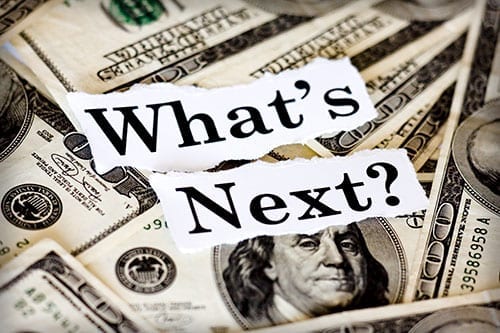A dozen years after the 2008 recession, a different kind of debt threatens the world economy
March 9, 2020, 4:00 AM CDT
Updated March 9, 2020, 1:18 PM CDT
By Gretchen Morgenson
The recession that began in 2008 was a crash due to residential mortgage lending problems. Millions of loans were in trouble, and foreclosures dominated the news. It took years to work through and had generational repercussions. Home sales are still not at the same pace as before that crash.
This article digs into what is predicted to be the next debt crisis that can have a global economic impact. It’s business debt. A combination of factors has contributed to a corporate debt balance of $10.1 trillion in the third quarter of 2019. It’s not just the amount either. Worse, the fastest-growing segment of the corporate debt market has been leveraged debt. These are loans to businesses with high debt or poor credit.
Unfortunately, an excellent growth economy and low interest rates are good things that can lead to unfortunate situations like the current debt crisis. New business startups, dramatic growth in the energy sector, and a booming stock market all create a positive attitude about the economy. Often new businesses borrow with the best of intentions, but this coronavirus crisis could be a huge problem for new business debt.
Mutual funds buy a lot of corporate debt. With a recent estimated $1.53 trillion in corporate debt held by mutual funds, if investors begin to withdraw from the funds, there could be repercussions that trickle through the markets.
There’s a lot more in this article to explain the current corporate debt load, so go to the full article here.

